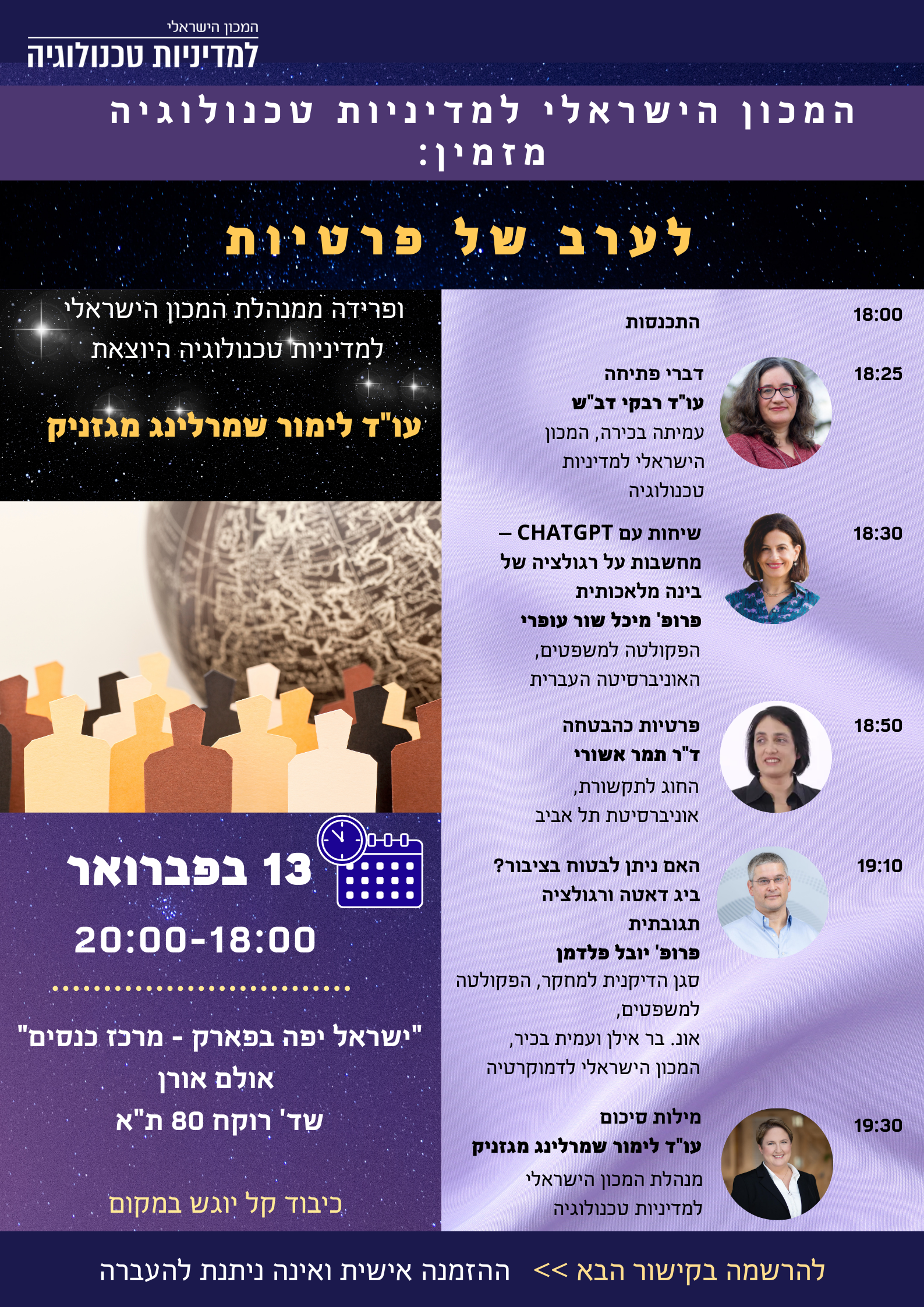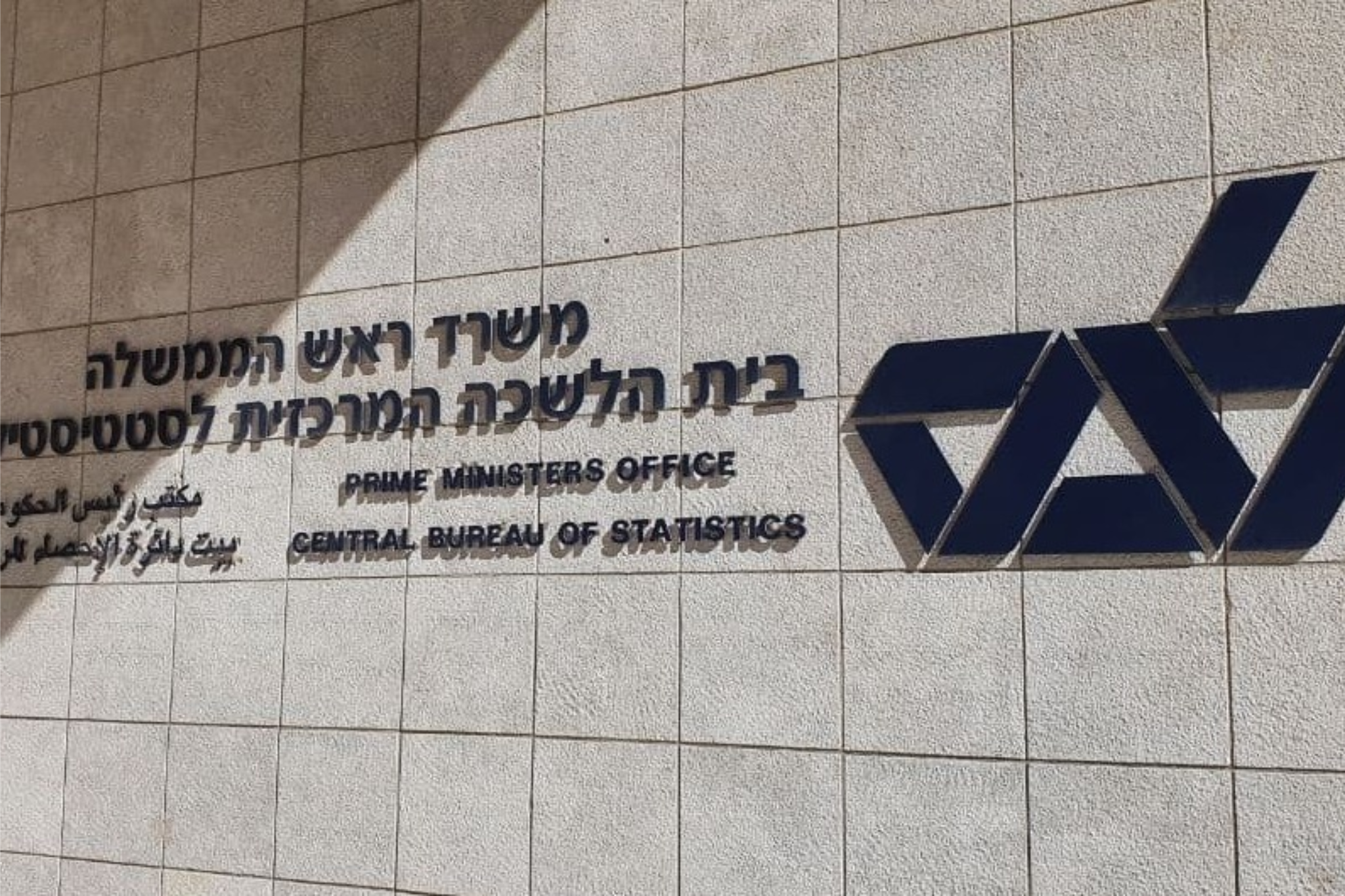Online Election Propaganda: manipulation, disinformation and dangers to democracy

The book “Network Propaganda: Manipulation, Disinformation, and Radicalization in American Politics” is an academic work combining research in law, sociology and media studies. The book examines the changes that occurred in the resilience of liberal democracies and the influences of media technologies on American politics and democratic processes. Specifically, the research examines the impact of the media on the political ecosystem in the recent elections campaign in the United States.
The book establishes that the two sides of the political map are not equal when it comes to evaluating “news” stories.
The main part of the book analyses millions of data and stories published over 3 years, specifically which might or might have not gone viral during the US elections campaign in 2016.
As the authors write, “the presence and attention of both journalists and readers to diverse sites was enough to enforce a hard constraint on the ability to disseminate politically affirming falsehoods.”
The research didn’t find this pattern of action by right-wing political forces mirrored by the left wing. The false stories that were disseminated by the left wing had no parallels what so ever, in the levels of visibility or trust that has performed the same function on the right.
The dynamics in the right, the authors found, “rewards the most popular and widely viewed channels at the very top of the media ecosystem for delivering stories, whether true or false, that protect the team, reinforce its beliefs, attack opponents, and refute any claims that might threaten ‘our’ team from outsiders.”
The reasons for the results of 2016 elections was, according to the authors – the constant loop of the semi-journalistic right-wing media, that had the most impact.
Professor Benkler is also calling us to embrace the view that the problem is not with technology or it’s effect on our lives but to acknowledge that behind those technologies are humans who are using it and taking advantage of it. People are responsible for the long-term outcomes on the geopolitical system, and not an indication of a failure of the technology itself.
This assertion has profound implications not only for the study of the recent past but also for predictions about the not-so-distant future. Now is our chance to promote a policy to deflect the ill use of technologies.



